
Linux Commands Tutorials
Linux commands are a powerful toolset that can increase efficiency and capability when working with Linux operating systems. But what exactly are Linux commands, and why should you learn Linux Commands?
What Are Linux Commands?
Linux commands are instructions that you enter into a command-line interface or terminal to perform specific tasks on a Linux operating system. Unlike graphical user interfaces (GUIs), in which you interact with your system through buttons and icons, the CLI requires you to type commands. This may seem difficult, but it provides better control.
Why Learn Linux Commands?
Here are some reasons that you must learn Linux commands:
1. Efficiency and Speed: Using Linux commands will improve your performance. Unlike clicking and opening tabs, you can easily use Linux commands and complete your task.
2. Control and Flexibility: You can customize and automate tasks with your needs by using the Linux commands.
3. Resource Management: The CLI consumes fewer system resources than a GUI. Commands like top and htop allow you to monitor and manage system performance effectively.
4. Learning and Growth: Learning Linux commands can help you see how your OS works and speed up your daily tasks. In this section, we try to provide useful commands from basic to advanced commands that everyone must know.
You can easily learn to use them and level up your Linux knowledge.
Different Ways To Create a File in Linux Command Line

Make a GET Request With cURL

Using Fasd in Linux for Quick Access to Files & Directories
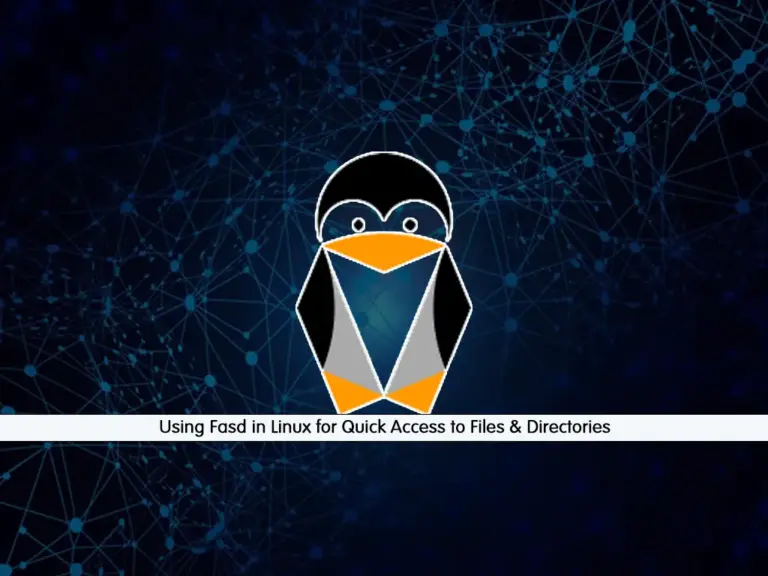
Tail Command in Linux for Logs
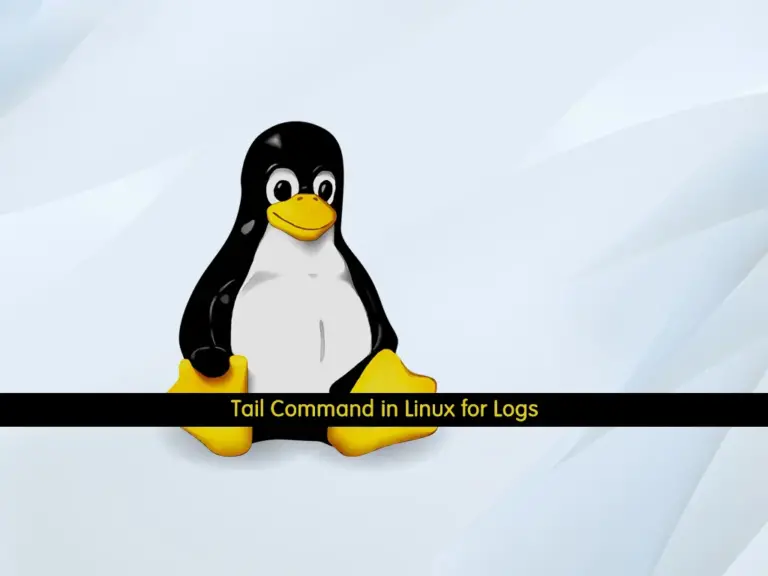
Install and Use Zsh Autosuggestions Plugin

Install Zsh and Oh My Zsh on Linux from Command Line
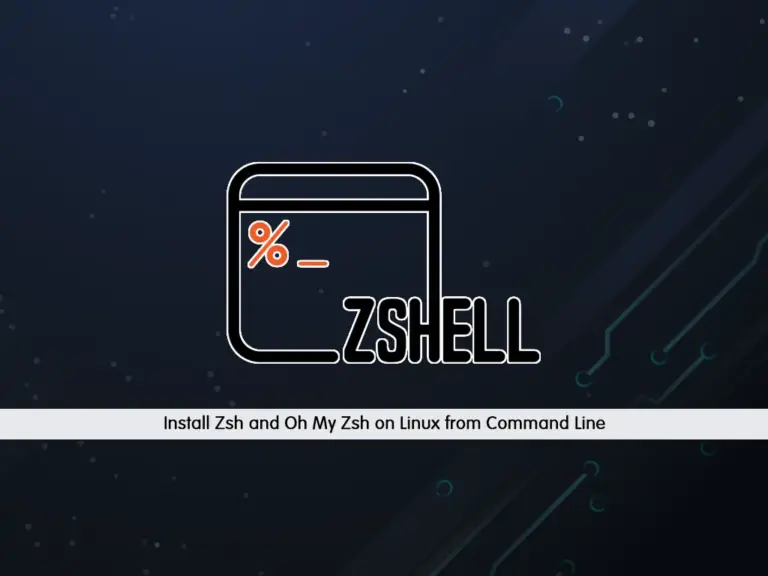
Counting Files in a Linux Directory with Examples
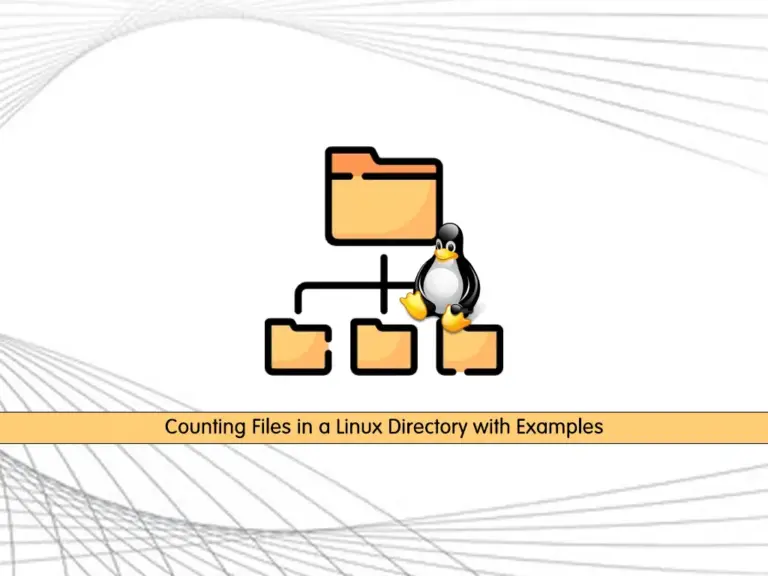
12 Commands to Check Linux System and Hardware Information

Best Sites to Run Linux in Browser

What sudo apt update and upgrade Do on Ubuntu / Debian
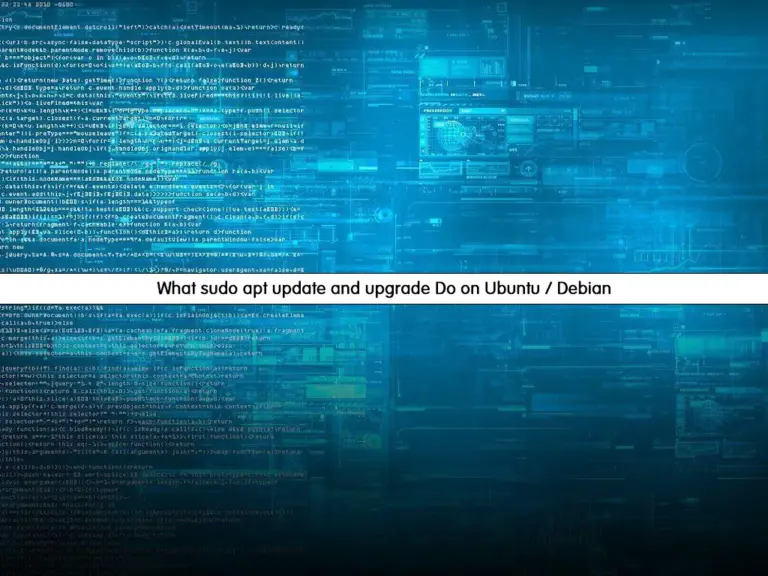
Disable NTP Network Time Synchronization on Ubuntu

Using the ssh-copy-id Command
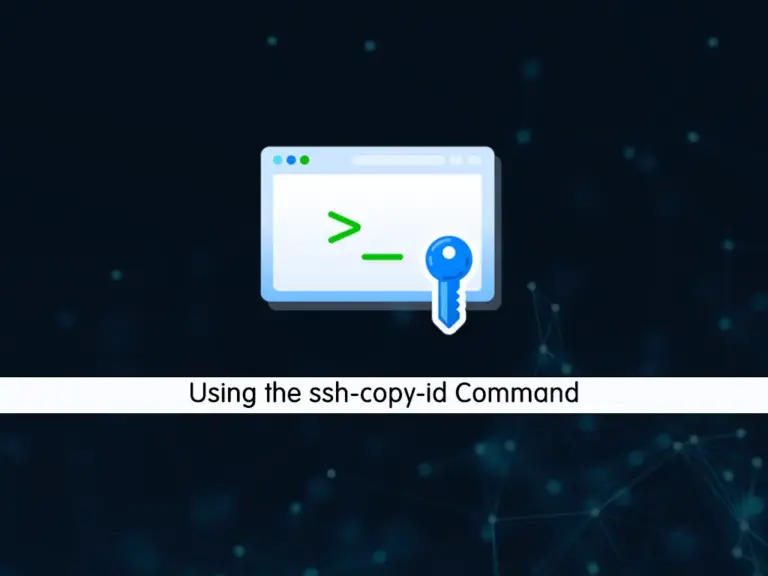
Stay informed and not overwhelmed, subscribe now!
